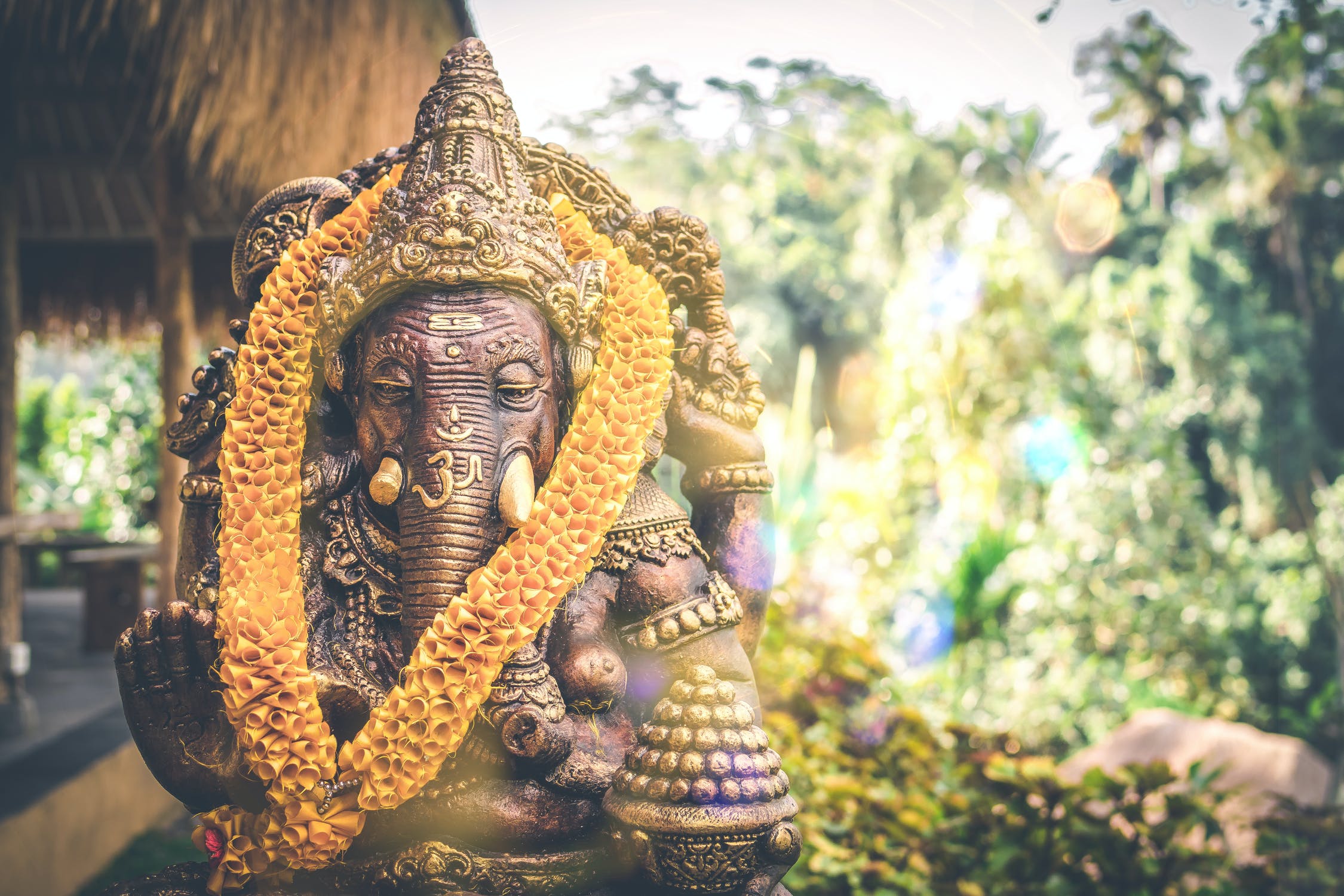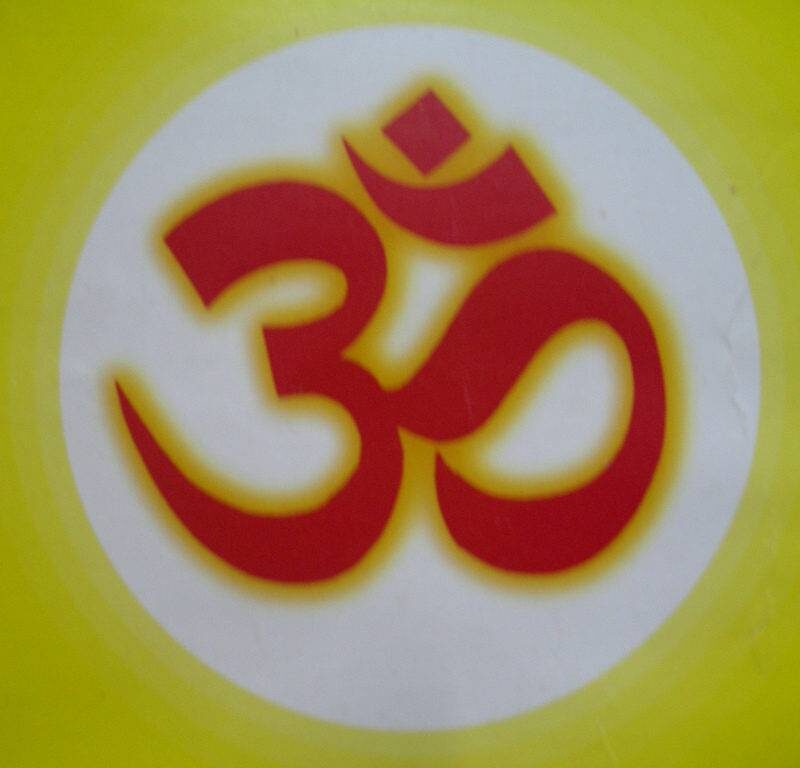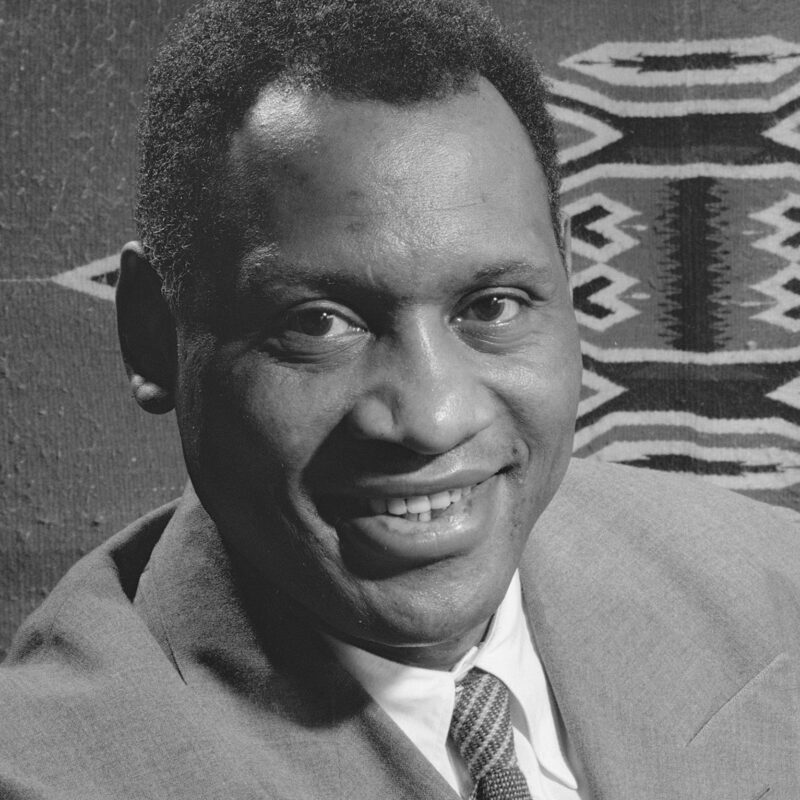
Recently I reflected on the term Hinduism, and how the history of the use of the word has evolved and morphed over centuries and two periods of colonization. The reflection required grappling with how incorrect the word is, and also how I choose to adopt it all the same given the limitations of the world we live in, and the necessity of taking in the protection said term offers.
For some time, we’ve been watching a third wave of misunderstanding and misrepresenting what Hinduism is, markedly different from the last two colonial waves because of its determination to take an anti-colonial lens.
This is seen in those who are able to see in the history of the land, the multitude of tribes, cultures, and beliefs about the universe that developed, and recognize that it is incorrect in a fundamental way to boil all of this down to “one heathenism”, a precursor to the modern use of the word Hindooism/Hinduism. To name that this is wrong, and to criticize the homogenizing that colonial forces tend to force, is important.
However, many go from this step to assuming that all and any that are able to identify with and own the mantle of Hindu or Hinduism must be homogenizers themselves, and therefore, oppressive subsumers of all the differences they see.
This logic makes sense when one is coming from an Abrahamic, or Western, understanding of what it means to own an religious identity. Indeed, the idea that Hinduism actually came from an invading Aryan force that oppressed what already existed was literally developed by those with a vested interest in justifying colonialism, who didn’t feel the burden of requiring evidence to prove that which is now finally widely seen as verifiably false. Colonizers were invested in creating a “bad, oppressive” invading force, so they could present themselves as a “benevolent, liberating force” effective at subduing the population. It is on us to recognize that their “scholarship” created a narrative that has no basis in how the Hindu identity actually developed.
One can appreciate the well-meaning intent to think that the diverse indigenous people of India must be both seen as separate from one Hinduism and must be empowered. However, this is deeply at odds with how said indigenous people — the ones literally referred to as Hindus in the 8th century BCE (simply all the people living in that land) — see themselves.
Seekers of truth. Diametrically opposed at times on every facet from diet, to theism, to rituals, to patriarchy, and yet, inextricably beholden to the land that allowed them to freely become said seekers of truth. Those that take on the identity of Hinduism and the protection it provides BECAUSE it can cover them without conforming them.
That all of these people can wear this identity while holding the deeply opposing traditions of their families, clans, and tribes isn’t proof that there can’t be one Hinduism, but rather that that one Hinduism can’t be exclusivist.
When Hinduism is so deeply misunderstood, and the dominant worldview takes as its default position that the pluralism that it embodies is impossible, it is a given that all terms that start with Hinduism will also be defined in profoundly incorrect ways.
From the dominant worldview, it’s terrifying to behold any majority, particularly a religious one. Inevitably, they believe that it will subsume its dissidents. I suppose this is why critics equate Hindu nationalism squarely with Christian nationalism in spite of a dearth of evidence to support most of their allegations of exclusion, oppression, and of course, genocide.
To be fair, the ones who criticize and fear the specter of Hindu nationalism are not the only ones operating with a colonized viewpoint. Too many Hindus themselves have internalized this dominant worldview that the only way to protect their tribe is by demanding not just acceptance but agreement. They demonize the practices, beliefs, and cultures of those they deem “other”. They buy into the idea of supremacism, in spite of it being entirely antithetical to pluralism. It IS tragic and dangerous to watch those who believe they’re resisting colonization, colonize their faith and disrupt the peace that flows from pluralism.
While dangerous, to a very large extent, these people aren’t the ones defining the conversation on being able to take pride in the Hindu mantle.
The inability to tell apart the Hindu nationalist who firmly believes that pluralism is the soul of Bharat, and the Hindu nationalist who operates with an exclusivist ethos, is deeply damaging to the first.
In America, it feels like it’s become increasingly impossible to take any pride in a Hindu identity, without being accused of some connection to a supremacist ideal. And while it may stem from a genuine ignorance of the incompatibility of Hinduism with exclusivity, the fear driving this movement has led to people believing the idea that the construct of Hinduism itself has no utility except to create the oppressive and exclusivist environment they fear.
The irony is that the hate that flows from the fear they hold is precisely what drives misunderstood Hindu Americans to think they need to adopt exclusivist shields to feel safe.
Of course, no Hindu should be absolved of hateful or exclusivist actions as a result of an empathy for a difficult position, but we have the opportunity to prevent this hardening by taking a beat to consider the truth.
Every thread of Hinduism is pluralism, and a true Hindu nationalism cannot be seen as equivalent to every other nationalism. When we understand it, its history, and its most fundamental truth, we can demand better of everyone who abides by it.








































